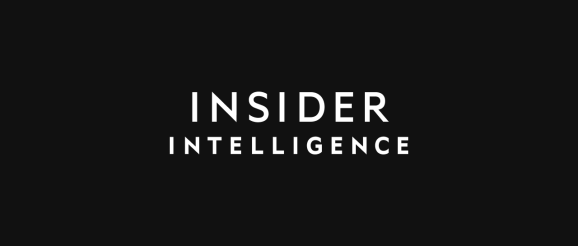What’s the true cost of generative AI search innovation?

Last week, Arc, a web browser from startup The Browser Company, released a new AI-powered feature called pinch-to-summarize, which provides an instant summary of full web pages. That follows Arc’s release of “Arc Search,” a mobile app that will search the internet based on a user’s query and deliver an AI-generated page summarizing the breadth of information it searched. It’s not the only AI tool targeting search. Perplexity is seeing increased attention for its ability to summarize data sets, including searching in Reddit posts or YouTube videos. This month also saw the rebranding of Google’s Bard chatbot to Gemini as the company doubles down on AI search. All of these innovations purport to make searching easier, but at what cost? What’s at stake? Search advertising will be a $127.84 billion industry in the US this year, according to our October 2023 forecast. Nearly half (49.0%) of that will go to Google. For context, search ad spend will make up 41.7% of US digital ad spend in 2024. All this begs the question posed by Pranav Dixit, “Who makes money when AI reads the internet for us?” It’s not publishers, programmatic advertisers, or users. It’s the search engines that scrape the internet. And even then, profits from generative AI search may not be sustainable as websites face less incentive to publish and the quality of information degrades, he argued. With AI engines scraping websites, people have less and less need to click links. That means the products, services, and advertisements on those websites aren’t seeing traffic. In the case of Arc browser, even if a user does click through to a webpage, the browser still blocks ads, cookies, and trackers. That’s a “tomorrow problem” for a lot of advertisers, said our analyst Evelyn Mitchell-Wolf. These advertisers are still struggling with today’s problems of cookie deprecation and signal loss. And unfortunately, not much can be done about generative search damaging website traffic now, beyond paying attention to the growing problem. These problems are starting to play out as searchers use ChatGPT, Arc, Perplexity, and Google’s Gemini. BGoogle has already adopted generative AI into its search engine through its Search Generatiev Experience, we won’t see the extent of the damage until that moves out of beta (if it does) and becomes the default experience. OpenAI and Perplexity have adopted some potential solutions to the issue, like paying publishers when using their content and providing source links, but neither of these solutions are likely to replace the revenues of onsite programmatic advertising, said Mitchell-Wolf. For publishers, the future could be bleak. “Publishers need to be doubling down on providing value to users,” said Mitchell-Wolf. The New York Times has done this by expanding its gaming offerings. Journalist-owned 404 Media achieved profitability in just six months by serving content to niche communities and keeping overhead costs down. And Slate is doing better than ever by publishing its own niche content and podcast. For advertisers, make sure you’re not relying on low-quality websites. “It’s now more important than ever to make sure that you are aligned internally on your inventory quality standards and that you’ve communicated those to your ad tech partners,” said Mitchell-Wolf. And paid search advertising isn’t going away any time soon, even if the quality of links surrounding paid search ads take a hit. This was originally featured in the eMarketer Daily newsletter. For more marketing insights, statistics, and trends, subscribe here. One Liberty Plaza9th FloorNew York, NY 100061-800-405-0844 [email protected]
